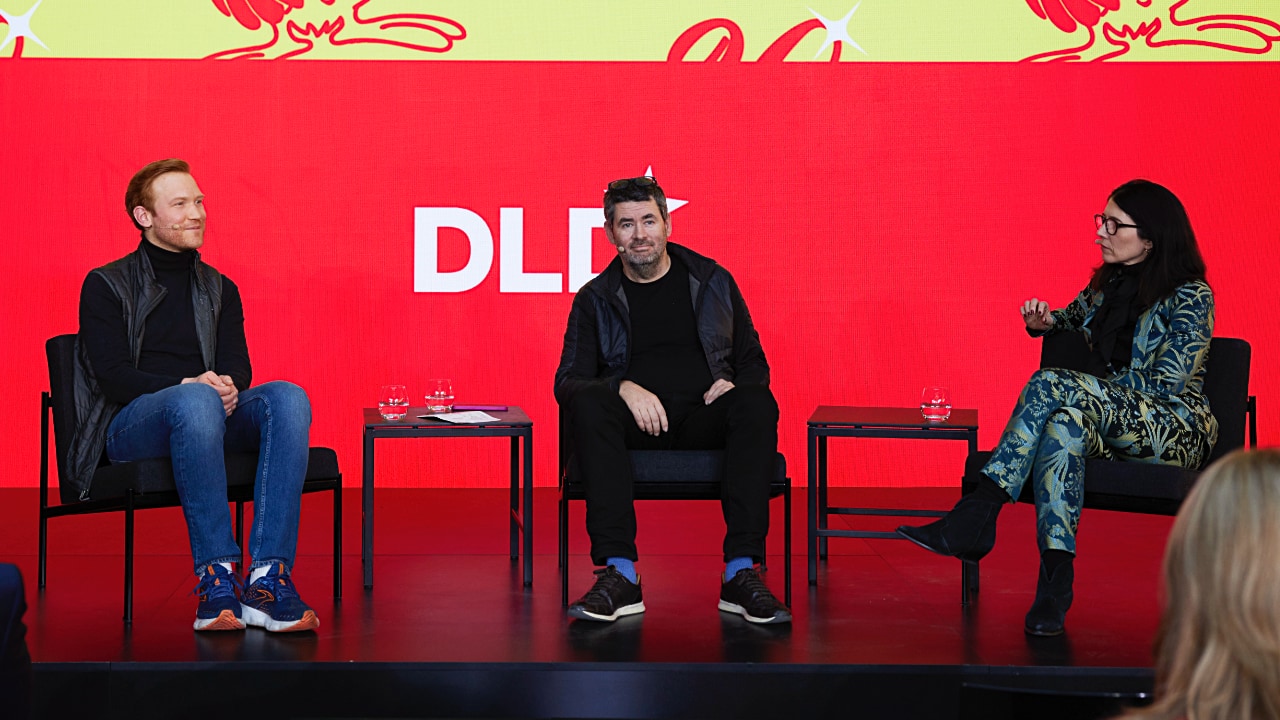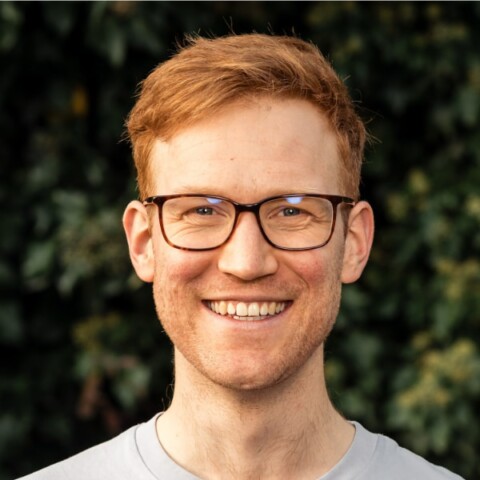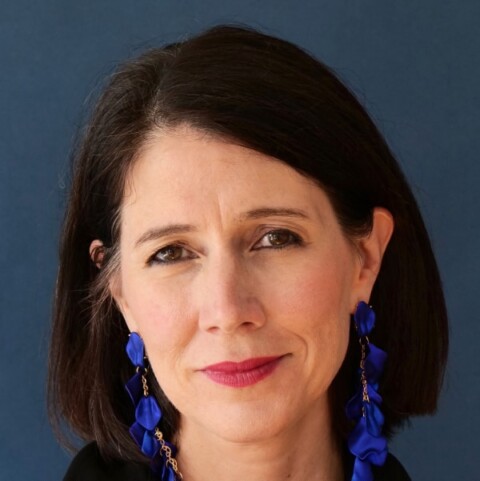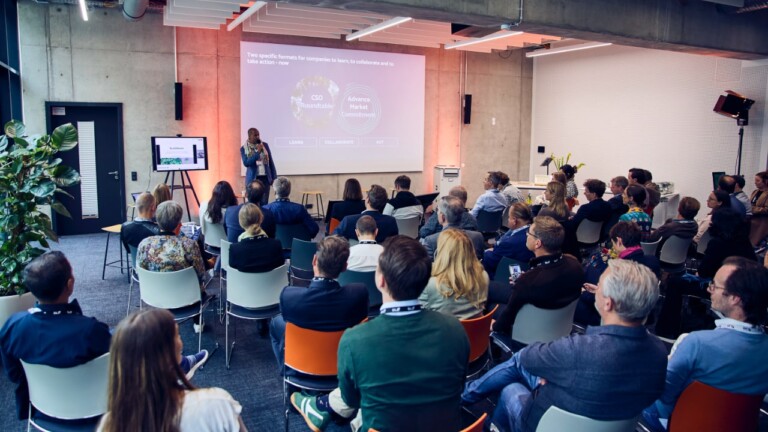Europe’s power to innovate has been lagging. In this DLD25 session moderated by Lisa Witter, AI entrepreneur Andreas Blattmann (Black Forest Labs) and André Loesekrug-Pietri (JEDI initiative) discuss how the continent can regain its competitive edge in a rapidly evolving technological landscape.
The conversation begins with a quick poll revealing general pessimism in the audience about Europe’s current place in the international innovation landscape.
Andreas Blattmann shares his journey from aspiring footballer to co-founder of Black Forest Labs, a German AI startup whose image generation technology has quickly become one of the world’s favorite AI tools. “We’re competing with players like OpenAI, Google”, Blattmann says. “But for a specific reason, ours is better, because we just have an insane density of talent in our small team.”
Founders face “a lot of hurdles” in Europe, Blattmann notes – especially too much bureaucracy. “Europe needs people who have tech expertise”, he says. But they are forced “to decide between choosing the path of least resistance for your company or staying where you actually like to stay” – and that, Blattmann emphasizes, “needs to change”.
André Loesekrug-Pietri criticizes the lack of focus in European research funding. He points to the Horizon Europe program supporting “38,000 projects. That’s crazy. There’s no focus”, Loesekrug-Pietri says. “You cannot focus on those real moonshots.”
He contrasts this with the U.S., where initiatives like the Apollo program created not just technological breakthroughs but also a unifying vision for society. “We’re not thinking big enough”, he says, adding that Europe too often settles for mediocrity.
“I think we need to win again in Europe”, Loesekrug-Pietri says. “And frankly speaking, I have lost any hope on politicians. I hope some of them will prove me wrong, but I think it’s up to us, civil society, not just the tech world, to really create this movement.”





